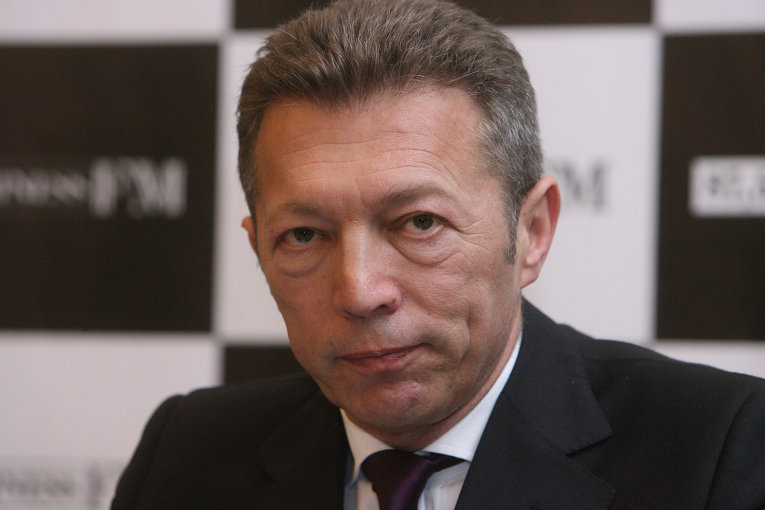PARIS, December 5 (RAPSI) – A Swiss court has released French-Israeli tycoon Arcadi Gaydamak from jail after he signed a financial agreement to pay his debts to a former French football player, Tribune de Geneve reported Wednesday.
Soviet-born Gaydamak, age 61, was arrested in Zurich on November 19 and transferred to Geneva on charges filed against him by Luis Fernandez, ex-coach of Gaydamak's football team Beitar Jerusalem.
Fernandez claimed that the businessman had cheated him out of EUR 400,000.
The newspaper writes that Gaydamak was set free after his lawyer Marc Bonnant signed a deal with the plaintiff's lawyer, according to which Gaydamak will pay him 500,000 Swiss francs (approximately EUR 406,000).
In late November, Switzerland received a request to extradite Gaydamak to France where he is wanted for an alleged role in the 1990s “Angolagate” affair, involving illegal arms sales to the African nation during the Angolan civil war. Bonnant later refuted the rumor and said that there was no international arrest warrant for his client.
On October 27, 2009 a Parisian court sentenced Gaydamak and his French associate Pierre Falcone to six years in prison for their roles in the case. Falcone went to prison, while Gaydamak was sentenced in absentia. Former French Interior Minister Charles Pasqua was given one year in prison and a two-year suspended sentence on charges of receiving payment from Gaydamak in exchange for awarding him the prestigious National Order of Merit.
Overall, 36 people were sentenced as part of the case, and 24 of them filed appeals.
In April 2011, the French Court of Appeals reduced Gaydamak's sentence to three years and Falcone’s to 2.5 years, and acquitted Pasqua.
Gaydamak, who claimed to be completely innocent, appealed the ruling in a higher court. But the Court of Cassation rejected both his appeal and those of two others involved: Alain Guillou and Claude Mouton.
According to investigators, France refused to sell weapons to the government of Jose Eduardo dos Santos during the civil war in Angola. The Angolan authorities then turned to French businessman Falcone, who teamed up with Gaydamak to organize the delivery of $790 million worth of weapons from Eastern Europe.
The first court that heard the case ruled that the transaction was illegal because it was made in France without the permission of the authorities. But the appellate court did not uphold this ruling. Falcone's lawyers convinced the judges that he had the authority to act on behalf of the Angolan authorities because he was also an Angolan national.



